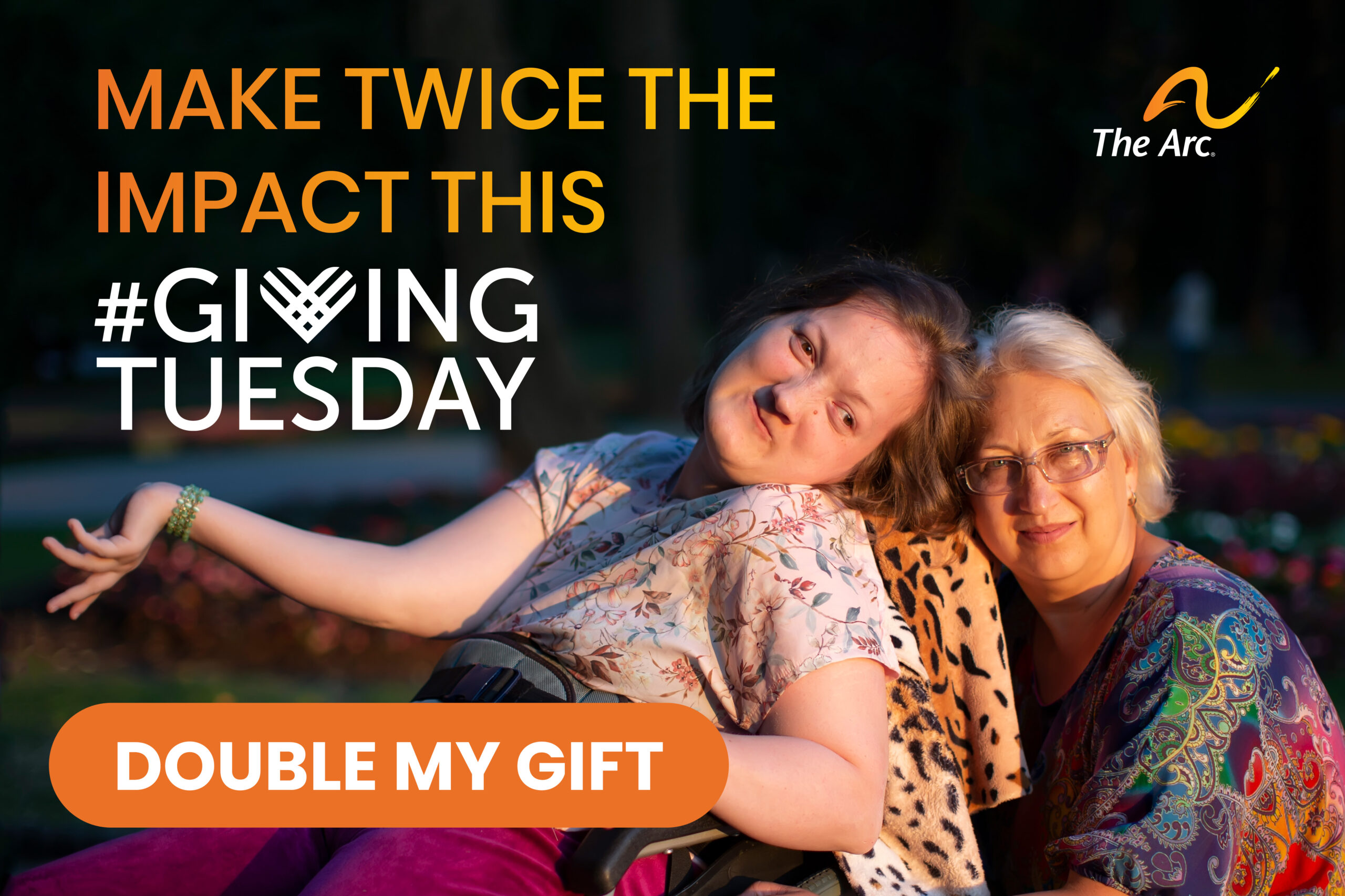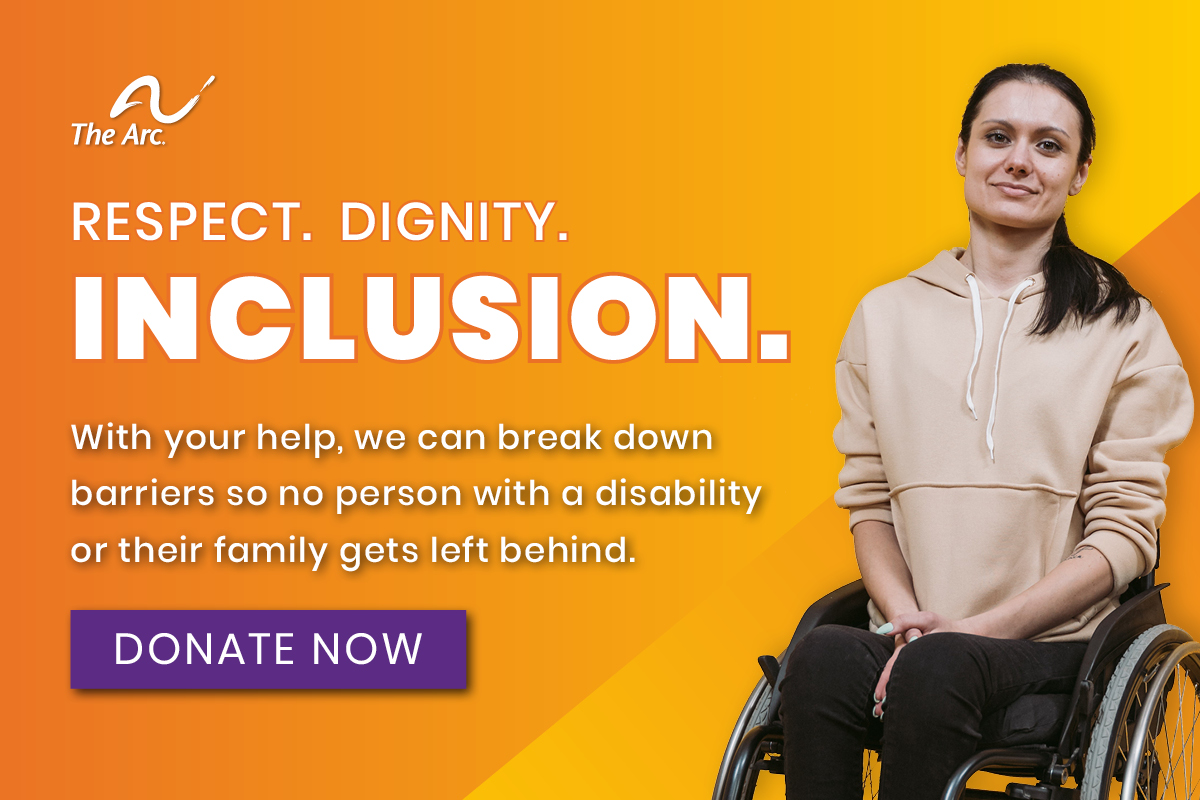In 2011, the Autism NOW Center held five regional summits across the country. These two-day events brought together over 650 people with autism spectrum disorders and other developmental disabilities, families, professionals, and other stakeholders to share important information and resources about issues relating to autism, to network, and to celebrate as local communities.
Sharing Information and Resources
Autism NOW Regional Summits engaged local and regional experts to present information on a variety of issues important to people with autism and other developmental disabilities. Breakout session and discussion topics included:
- Behavior Empowerment and Supports
- Navigating Special Education
- Making and Keeping Positive Relationships
- Transition Planning and Employment Options
- Finding and Determining Living Situations
- Determining Needed Levels of Support
- Promoting Cross-Disability Collaboration
- Finding Community-Based Employment
- Dating and Sexuality
- Wandering and Emergency Preparedness
- Medicaid 101
- Military Families
- Advocacy and Self-Advocacy
- Maintaining a Balanced Lifestyle
- Caring for Caregivers
- Aging Issues and Future Planning
- Early Interventions
- Social Skills and Social Media
- Understanding Self-Determination and the Developmental Disabilities Act
Networking with Other Community Members
At each summit, attendees were encouraged to meet to find out more about each other’s lives and needs as well as goals and objectives for themselves or those that they know with autism or other developmental disabilities.
In addition to allowing time during meal or periodic breaks, Autism NOW encouraged this networking via interactive small group discussions on certain topics. Attendees would meet in small groups to discuss a particular topic and then leave that group to join another and discuss another issue. This setting allowed attendees to meet several different and new people and to share a wide variety of opinions.
Throughout all of the regional summits, several key issues were repeatedly mentioned that people need support with. These issues not only brought together people sitting at one table but also were reiterated at each table and site across the country by people with autism and other developmental disabilities, families, professionals, and other caregivers. These issues, goals, and needs have impacted subsequent Autism NOW activities.
Issues commonly mentioned include: learning how to develop communication and social skills; training teachers on how to deal with students with autism and other special needs; finding funding to support various needs; learning how to communicate about what accommodations a person with autism may need in a classroom; finding reliable child care; learning how to develop relationships with others; helping a person with autism or other developmental disability figure out what makes him/her happy and how to live as independently as possible; accepting a loved one with autism or another developmental disability for who they are; and maintaining health and dealing with stress.
Celebrating Local Communities
At each summit, participants took time to celebrate with one another by sharing in meals as well as enjoying local art and cultural groups. Activities included watching skits from inclusive theater troops, attending art shows and exhibits from local artists, and listening to music performed by local and regional artists.
While there are still many needs in local communities, it is our hope that the Autism NOW Regional Summits connected people with needed information and helped people make important connections in their own community. We have been grateful for the support and attendance of people at these events, and we appreciate the positive response of attendees like the parent below.
“I am moved and encourage by the energy, compassion, and dedication that the speakers presented with… I need these types of conferences to remind myself that I am not alone as a parent of a child on the autism spectrum. I also loved meeting people on the autism spectrum and seeing how well they are doing.”
For more information on these events, view our report on these events.



